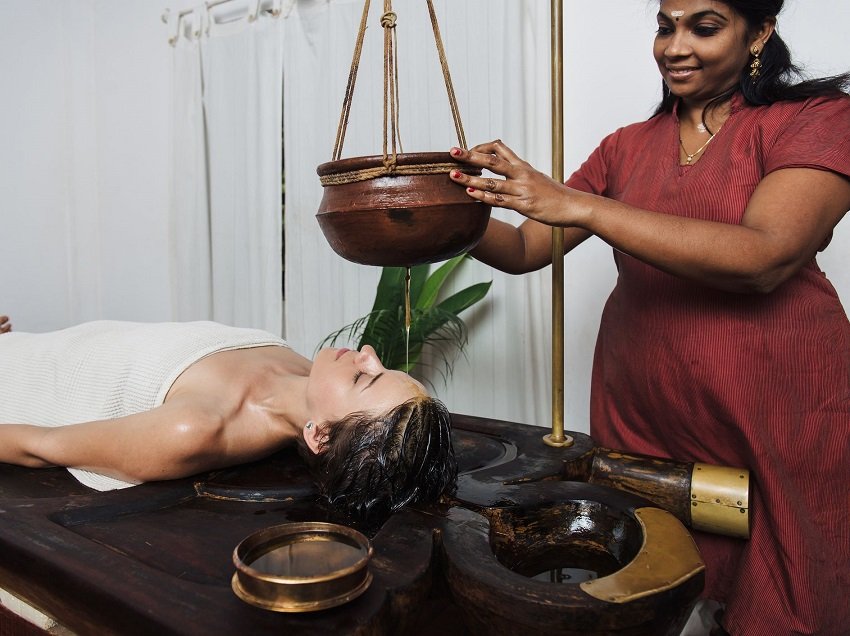
Girl's monthly cycle is the number of days from the start of her period to the start of the next time she gets her period. You often hear this is a 28-day cycle. But 28 is just an average figure that doctors use. Cycle lengths vary — some are 24 days, some are 34 days. And a girl may notice that her cycles are different lengths each month — especially for the few years after she first starts getting her period. Early in a girl's cycle, her ovaries start preparing one egg. At the same time, the lining of the uterus becomes thick to prepare a nesting place for a fertilized egg in the event that the girl becomes pregnant.
A period, or menstruation, is the part of the menstrual cycle in which the endometrium, which is the lining of the uterus, is shed. This appears as bleeding from the womb that is released through the vagina.
The most common causes of irregular periods pain are strain and problems with back structures.
Many things can cause irregular periods. Changes in your body's level of the hormones estrogen and progesterone can disrupt the normal pattern of your period. That's why young girls going through puberty and women approaching menopause commonly have irregular periods.
Here are some reasons:
You don't need to get medical advice if you have always had slightly irregular periods or you're still going through puberty. But see a GP if:
There might not be anything wrong, but it's a good idea to get checked out to see what the cause might be.
Yes, it is always a good idea to keep track of your periods, and this is especially true if you are irregular so that you can monitor any patterns. Moreover, your doctor will likely ask you questions about your menstrual cycle to get a better idea of your reproductive health, so it is a good idea to have this information on hand.
Irregular periods should not bar you from using birth control methods such as the Pill, the Depo-Provera injection, IUDs, or barrier methods like the condom. In fact, your doctor may encourage you to do so as some of these contraceptive methods help regulate your periods. Before choosing a method, however, please consult your doctor and work with them on finding the method best suited for your body and lifestyle.
A missed or irregular period may be the first clue that you have a condition that needs medical attention. “If you have consistently irregular periods, you should be evaluated for PCOS,” says Autry. “PCOS affects up to 10 percent of women of reproductive age.”
If you have any additional questions about Om Mantra Healing Center's services, please feel free to reach out to us. We would be happy to answer any questions you may have.

Professional and individual care by highly experienced and well-skilled Ayurvedic guru's.
Contact Us
Every aspect of your care is coordinated and teams of experts work together to provide exactly the care you need.
Contact Us
We serve healthy & fresh Ayurvedic food that suits your customized treatment plans to stimulate rejuvenation & health.
Contact Us